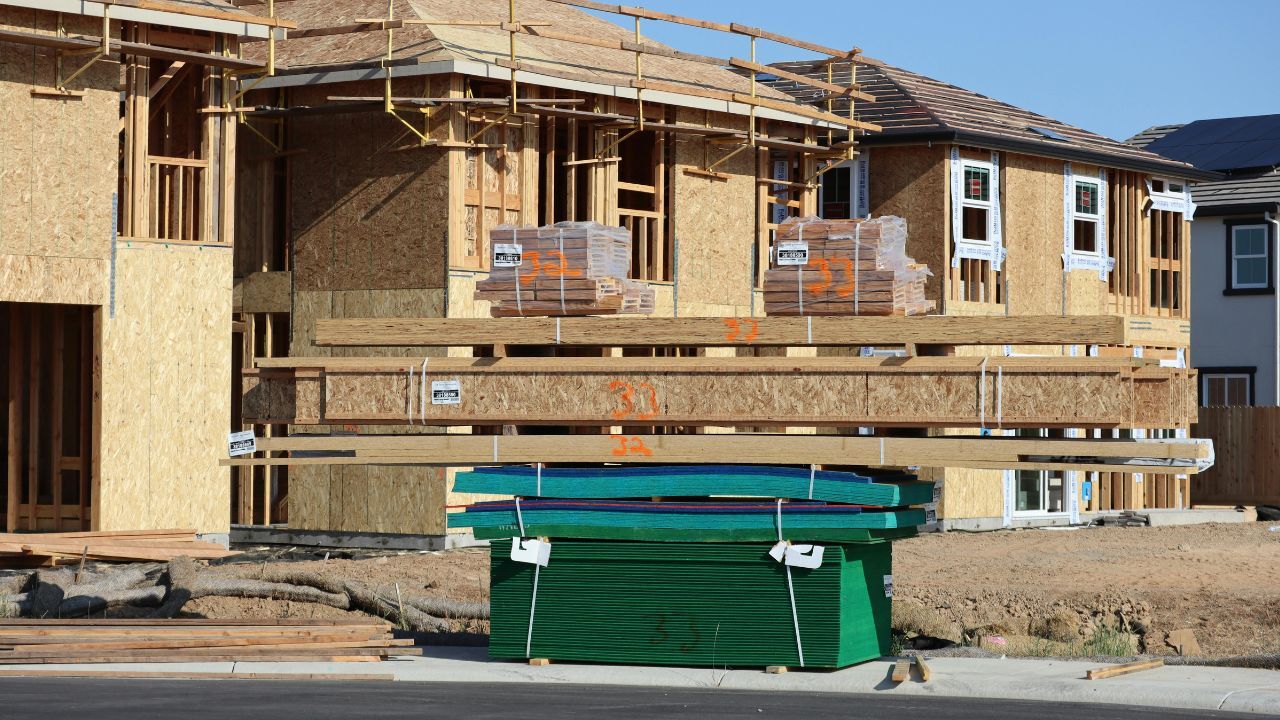Interest-Only Mortgages Explained
 When shopping for a mortgage, you may come across an option that allows you to pay only the interest for the first several years of the loan. These are called interest-only mortgages, and while they may sound appealing at first glance, they are not the right fit for everyone. Understanding how they work and who benefits from them is key to making a smart decision.
When shopping for a mortgage, you may come across an option that allows you to pay only the interest for the first several years of the loan. These are called interest-only mortgages, and while they may sound appealing at first glance, they are not the right fit for everyone. Understanding how they work and who benefits from them is key to making a smart decision.
How Interest-Only Mortgages Work
An interest-only mortgage allows borrowers to pay only the interest on their loan for an initial period, often five to ten years. During this time, monthly payments are much lower compared to a traditional mortgage. However, once the interest-only period ends, borrowers must start paying both principal and interest, which can cause payments to rise significantly.
Who May Benefit from This Option
Interest-only mortgages may be a good fit for certain types of borrowers. High-income earners who expect bonuses or commissions may prefer lower monthly payments now, knowing they can pay down the balance later. Real estate investors who plan to sell or refinance before the interest-only period ends may also find this loan attractive, as it frees up cash for other opportunities.
Risks and Considerations
While the initial affordability is tempting, the long-term risks can be significant. Since you are not reducing the principal during the interest-only phase, you will not build equity as quickly. If property values decline, you may even owe more than your home is worth. When the payment resets to include principal, it can be a shock if you are not financially prepared.
Who Should Avoid Interest-Only Mortgages
First-time buyers, families on a fixed income, or anyone who values stability in their monthly budget may want to avoid interest-only mortgages. These borrowers are often better served by a traditional fixed-rate loan that builds equity from day one and offers predictable payments.
Interest-only mortgages are a tool, but like any financial tool, they must be used wisely. If you are considering this option, weigh your financial goals carefully, think about how long you plan to stay in the home, and be honest about your ability to handle higher payments in the future.

 Buying land or constructing a new home offers exciting opportunities for customization and investment, but the mortgage process differs from traditional home loans. Lenders often have stricter requirements for land and new construction financing, so understanding your options, planning ahead, and working closely with a mortgage professional is essential. By knowing what to expect, you can navigate this process smoothly and secure the financing needed to bring your vision to life.
Buying land or constructing a new home offers exciting opportunities for customization and investment, but the mortgage process differs from traditional home loans. Lenders often have stricter requirements for land and new construction financing, so understanding your options, planning ahead, and working closely with a mortgage professional is essential. By knowing what to expect, you can navigate this process smoothly and secure the financing needed to bring your vision to life. Your mortgage is more than just a monthly bill; it can be a powerful tool for building long-term wealth. By understanding how to leverage home equity strategically, homeowners can create opportunities for investments, financial growth, and increased net worth. Using your mortgage wisely requires planning, patience, and a clear understanding of how equity works.
Your mortgage is more than just a monthly bill; it can be a powerful tool for building long-term wealth. By understanding how to leverage home equity strategically, homeowners can create opportunities for investments, financial growth, and increased net worth. Using your mortgage wisely requires planning, patience, and a clear understanding of how equity works.